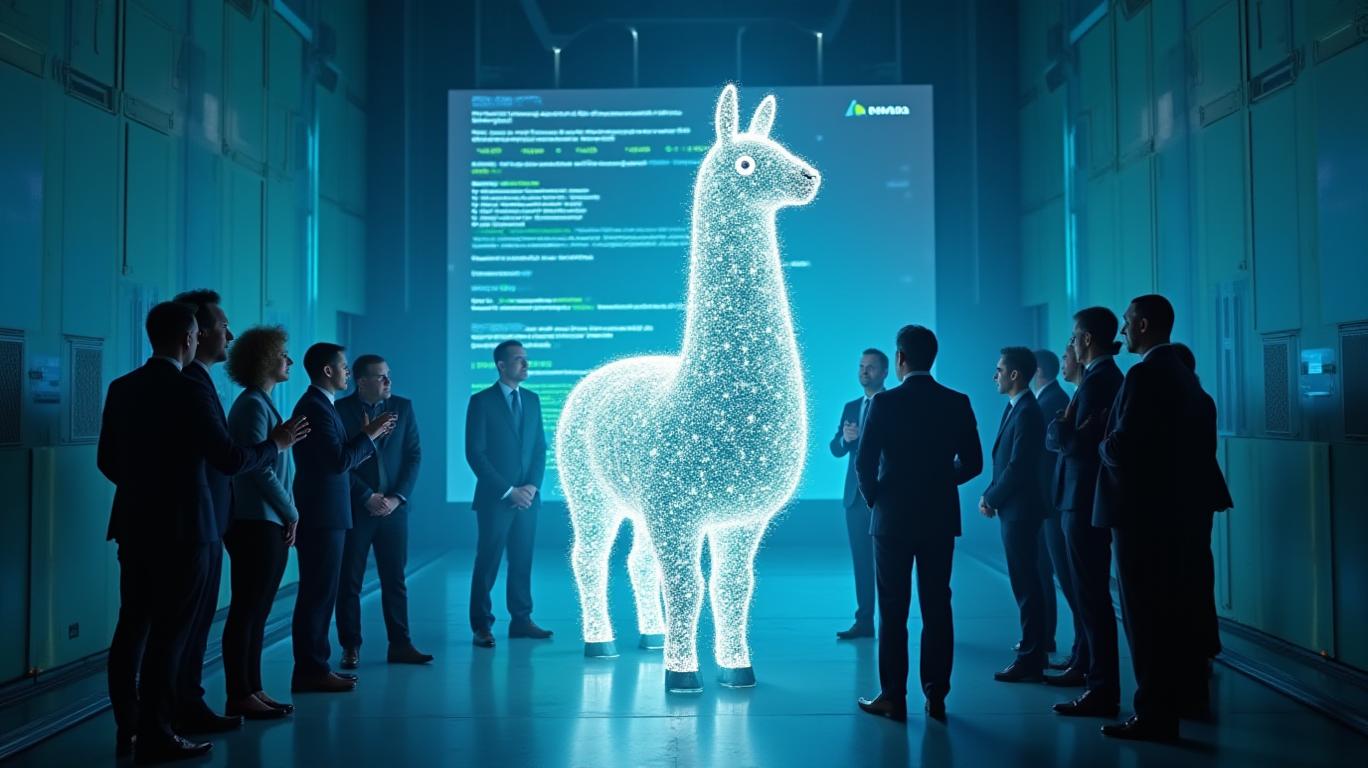Meta, Booz Allen Hamilton, Hewlett Packard Enterprise, Nvidia Launch Space Llama AI Project
Meta, Booz Allen HamiltonBAH--, Hewlett PackardHPE-- Enterprise, and NvidiaNVDA-- have collaborated to launch the "Space Llama" project, an artificial intelligence initiative aimed at deploying Meta's open-source large language model, Llama, in space. The project involves the use of the Llama 3.2 version, which has been fine-tuned for scientific research by astronauts on the International Space Station's low Earth orbit.
The technology stack for this project includes Meta's Llama 3.2, supported by Hewlett Packard Enterprise's Spaceborne Computer-2 and Nvidia's Graphics Processing Units (GPUs). This combination is designed to operate in environments with limited bandwidth and intermittent connectivity, demonstrating the capabilities of large language models in such challenging conditions.
Meta's Vice President and Head of Generative AI, Ahmad Al-Dahle, highlighted the significance of this project, stating that open-source AI models like Llama will play a crucial role in advancing space exploration and research. He emphasized that these models will enable astronauts to conduct more sophisticated experiments, solve complex scientific problems, and drive innovation in new ways.
Booz Allen Hamilton noted that this announcement builds on their previous efforts from August last year, when they deployed the first known large language model in space. Within a year, they have expanded the technology stack to include Meta's fine-tuned Llama 3.2, supported by Hewlett Packard Enterprise's Spaceborne Computer-2 and Nvidia's GPUs. This new combination is referred to as "Space Llama" and is designed to operate efficiently in environments with limited connectivity and bandwidth.
The project aims to reduce costs, lower computational requirements, and enable faster problem-solving and maintenance in space without relying on Earth's internet. The "Space Llama" is expected to help astronauts replace paper documents and reduce their dependence on ground-based instructions, thereby enhancing their operational efficiency and autonomy in space.

Stay ahead with real-time Wall Street scoops.
Latest Articles
Stay ahead of the market.
Get curated U.S. market news, insights and key dates delivered to your inbox.

Comments
No comments yet